The Waste and Resources Action Programme (WRAP) has released best practice guidance designed to clear up confusion around food labelling, which can lead to food being wasted.
This includes information on the labelling and storage of bread and other baked goods, particularly with regards to freezing and refrigeration.
Labelling guidance: best practice on food date labelling and storage advice, which was produced in conjunction with the Food Standards Agency (FSA) and Department for Environment, Food & Rural Affairs (Defra), provides guidance on how to apply and use food date labels. How UK law applies throughout the lifestyle of a product is also covered.
“Bread stales around six times more quickly if kept in the fridge, and whilst only around 10% of consumers do store bread in the fridge this could translate to a lot of food waste. It is important, therefore, to retain (and increase use of) the ‘do not refrigerate’ / ‘don’t store in the fridge’ advice on relevant bread products,” the guidance states.
When it comes to freezing, WRAP noted good progress had been made on moving away from ‘freeze on the day of purchase’, but in 2015 around half of bread and fresh meat still used this advice.
“For a product whose quality may change from purchase, e.g. bread, use the wording – ‘For best quality, freeze as soon as possible and best within X months of freezing. You can toast slices of bread direct from the freezer, or defrost at room temperature – in the pack or on a plate. Once defrosted, do not refreeze’,” the guidance added.
Notably, it does not change or replace the legal requirements for food information and is intended to be read alongside the regulations. And, in conjunction with this, stated that bakers’ or pastry cooks’ wares, which are normally consumed within 24 hours of manufacture, are exempt from the requirement to carry a date label.
For bread, it reiterates that the use of a ‘best before’ label is most appropriate as it indicates the period for which a food can reasonably be expected to retain its optimal condition – in this case the bread will not go stale. However, sandwiches should use a ‘use by’ label as they are microbiologically highly perishable.
“This guidance is a significant move in the fight against food waste. It will help ensure shoppers are given consistent, clear advice around how to manage and store food at home,” said WRAP CEO Dr Marcus Gover.
John Mitchell, a specialist in food and drink regulatory law at national law firm Blake Morgan, welcomed the guidance.
“These recommendations are a welcome development to tackle a frustratingly over-cautious and ill-informed approach to food information for consumers which has undoubtedly contributed massively to food wastage at home and consequently increased food bills for consumers,” he added. “It retains compliance with the black letter of the law while changing the focus for manufacturers from asking ‘what do we have to do?’ to ‘what could we do?”
For more information on reducing food waste and donating surplus to charity, British Baker magazine subscribers can view our latest feature here.

























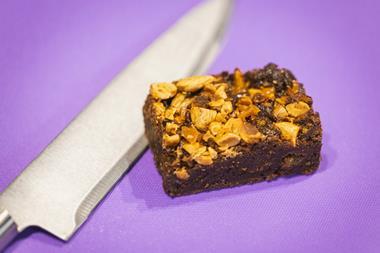


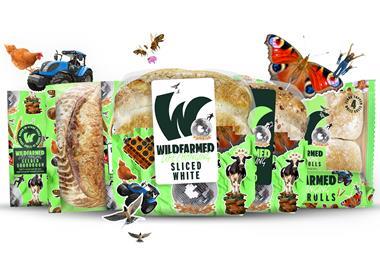
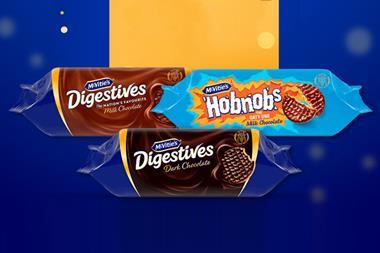
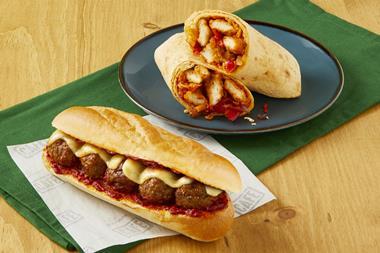
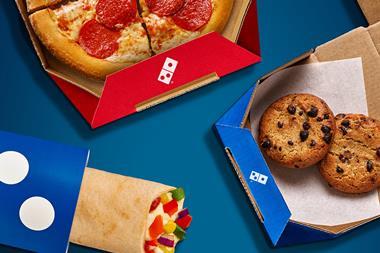

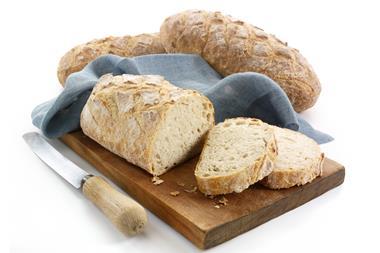

No comments yet